
-
Feeling the Rainbow: LGBT Rights and Reforms
Read more: Feeling the Rainbow: LGBT Rights and Reformsby Senthorun Raj Do I feel proud? This was a question I reflected on recently while gathered with several sweaty […]


by Senthorun Raj Do I feel proud? This was a question I reflected on recently while gathered with several sweaty […]
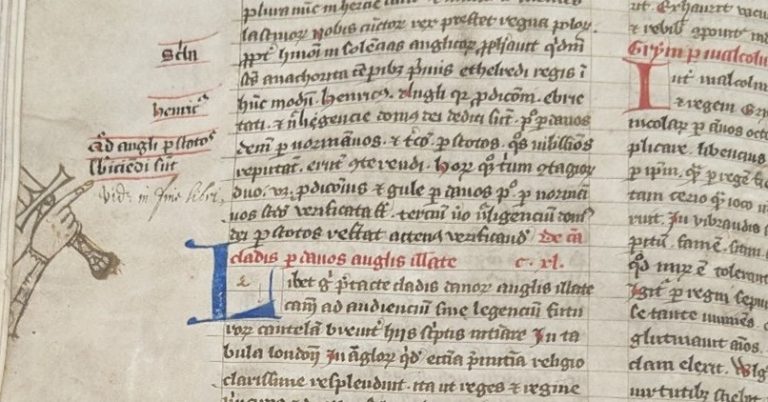
Is there any such thing as a new idea? Bryony Coombs discusses similarities in artistic expression, centuries apart.
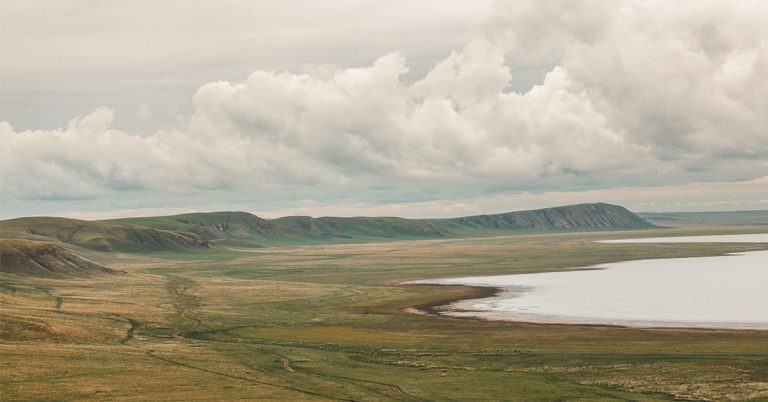
Petya Andreeva, author of Fantastic Fauna from China to Crimea, explores the journey to writing her book in this Q&A.
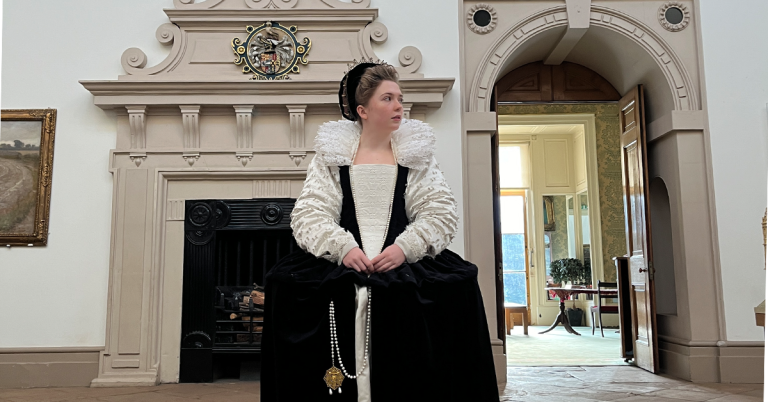
by Ninya Mikhaila The discovery of rare, or unknown items of historic dress is always exciting. It can also be challenging when the extant object offers evidence which contradicts previously held beliefs about people in the past. A farthingale sleeve…
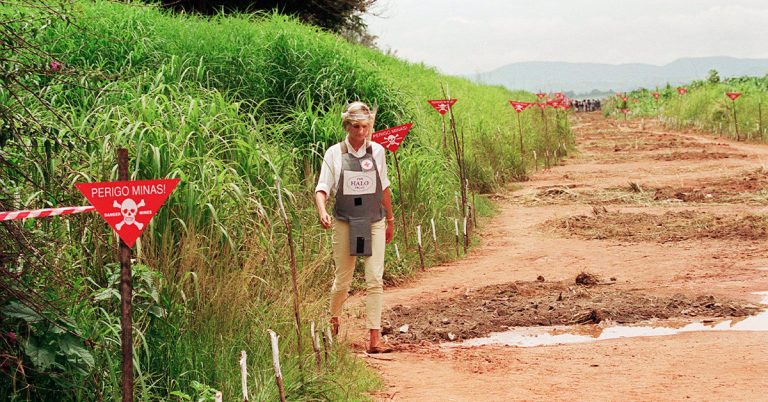
by Angus Mitchell In January 1997, Diana, Princess of Wales, undertook a trip to Angola on behalf of the International Committee of the Red Cross. Her mission: to highlight the plight of landmine victims. With an entourage of photographers, journalists,…

by Sarah Keenan It’s easy to get lost at the British Museum. The expansive central London building, set out over three floors and divided up into over 60 galleries, displays some 80,000 objects from all over the world. The British…
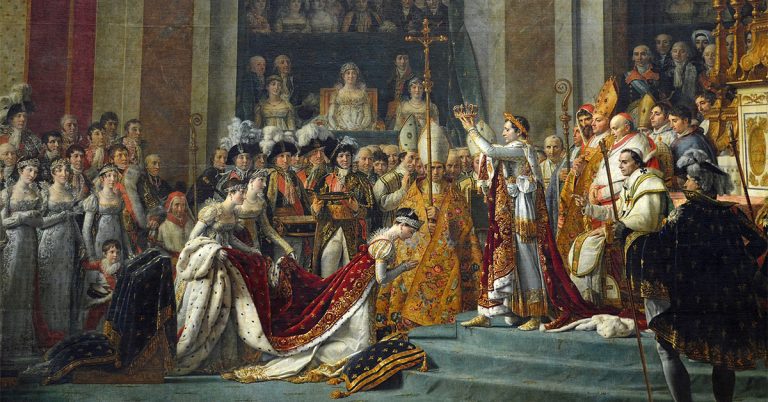
by Brontë Hebdon Early in Ridley Scott’s Napoleon (2023), Bonaparte and Josephine de Beauharnais see each other for the first time. Their eyes meet across the room at one of the infamous post-terror bals des victims, and both are immediately…
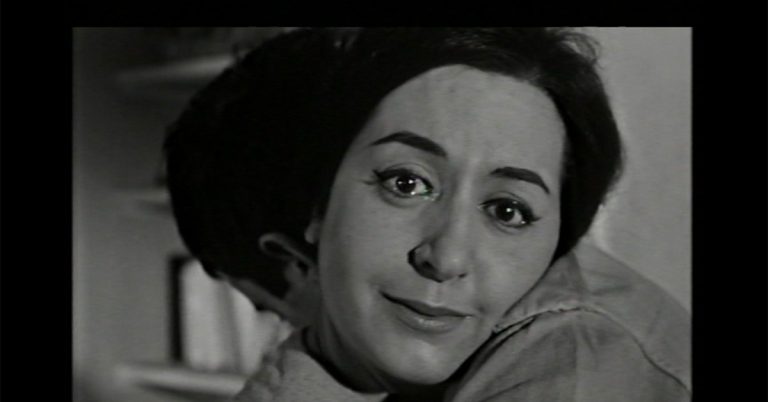
by Mani Sharpe and Daniel Goldenberg Read the original interview in French Shot in 1959, Le Retour is a short film directed by Daniel Goldenberg, in collaboration with the ex-paratrooper, Yann le Masson, who was responsible for cinematography, alongside Georges…

by Craig Smith 2023 is the 300th anniversary of the birth of Adam Smith. Smith is one of the very few writers whose name is genuinely famous all over the world. He is known as the father of economics, the…

by Kjetil Selvik, Jacob Høigilt Only a few years ago, Tunisia was the freest country in the Arab world, with a flourishing media scene. Journalists were scrambling to reinvent their role in the public sphere that emerged after the Jasmine…